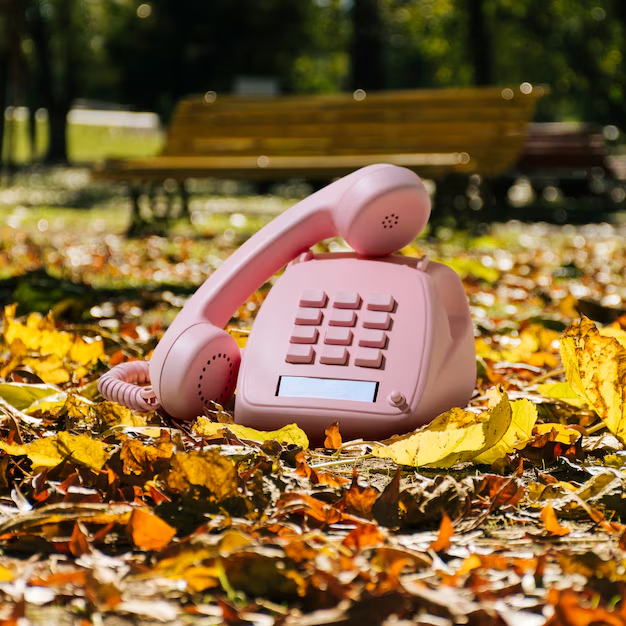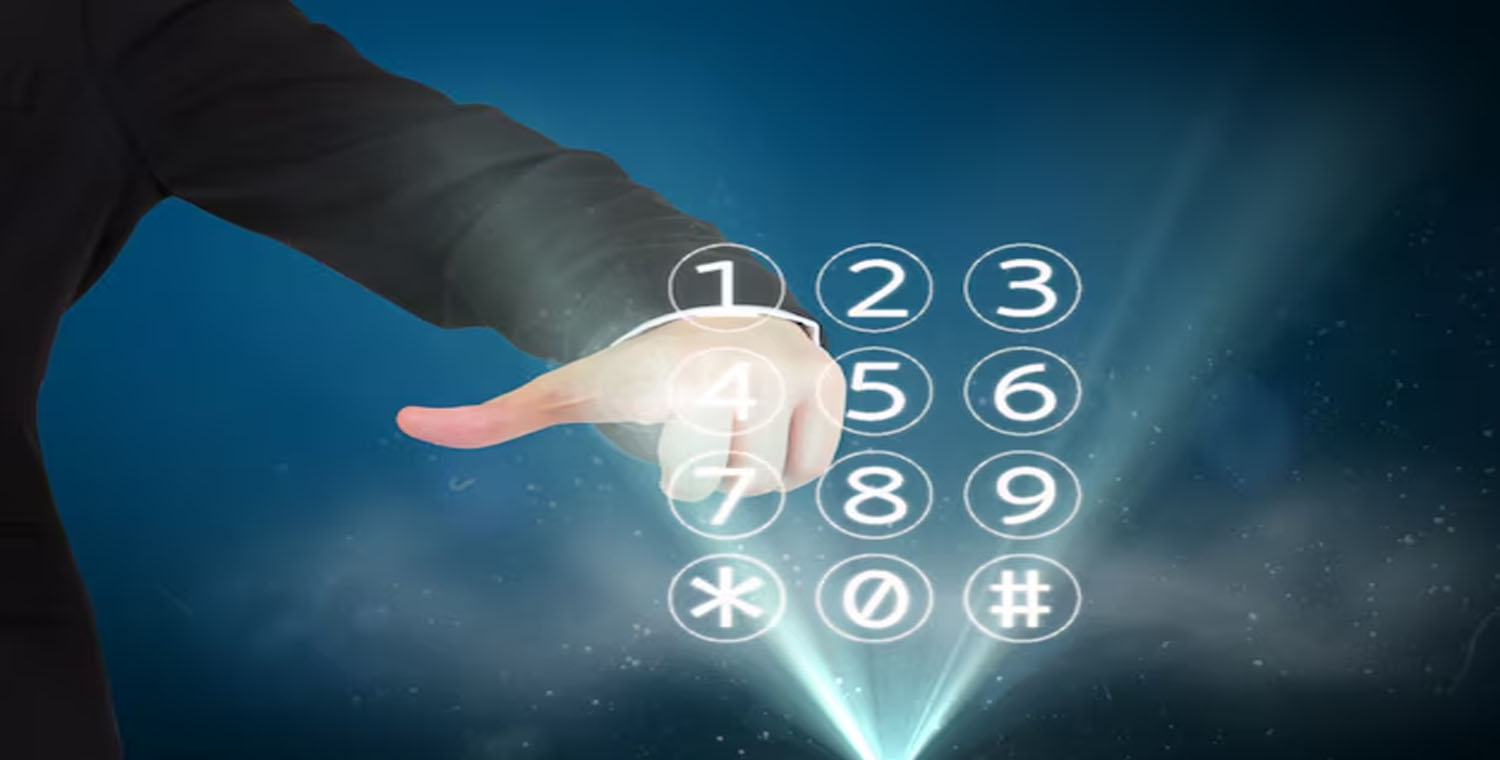In today’s world, phone numbers are more than just sequences of digits that connect us to others. They represent personal information, access points to services, and even avenues for scams and fraud. Whether it’s a call from a number like 2532392760 or any other, it’s important to understand the implications of phone numbers, the privacy concerns they pose, and how we can protect ourselves from unwanted and potentially harmful interactions.
This article will explore the significance of phone numbers in the modern age, focusing on common threats such as robocalls, phone scams, and privacy risks. We will also offer practical tips on how to safeguard your personal information and avoid falling victim to fraudulent activities. Additionally, we will discuss the specific area code (253), its relevance, and why recognizing area codes like 253 can be helpful when evaluating incoming calls.
1. What is a Phone Number?

A phone number is a unique identifier that connects individuals through telecommunication networks. In the past, a phone number primarily signified a landline, but today, with the widespread use of mobile devices and Voice over Internet Protocol (VoIP) services, phone numbers have expanded to include cell phones, business lines, and even virtual numbers.
Each phone number typically consists of three components: the area code, the local exchange code, and the subscriber number. The area code helps identify the region or geographic location of the phone number, while the local exchange code and subscriber number connect the call to a specific individual or business.
In this case, 2532392760 is a phone number from the 253 area code, which serves the Tacoma region and surrounding areas in Washington State. Area codes are crucial for routing calls correctly, but they can also play a significant role in identifying whether a call is local or potentially fraudulent.
2. The Importance of Area Codes
Understanding area codes can provide valuable information about the origin of a phone call. Area codes are geographically specific, and each one corresponds to a particular region or city. In the United States, area code 253 serves the Tacoma area, which is located in the western part of Washington State.
While area codes are helpful for identifying the general location of a call, they are not foolproof indicators of authenticity. For example, scammers often spoof area codes to make their calls appear local or more legitimate. This technique can be particularly effective because people are more likely to pick up calls from numbers they recognize as being local, such as 2532392760. Even though this number may appear to be from the Tacoma area, it could still be a scam call originating from anywhere in the world.
3. The Growing Problem of Robocalls and Phone Scams
One of the most significant challenges in the modern telecommunications landscape is the rise of robocalls and phone scams. A robocall is an automated phone call that uses prerecorded messages to deliver information, promote services, or collect data. While some robocalls are legitimate, many others are used by scammers to deceive individuals and extract sensitive information, such as Social Security numbers, bank account details, and credit card information.
Scammers often use spoofing techniques to disguise their phone numbers, making them appear as if they are local or from a trusted source. For instance, you might receive a call from a number like 2532392760, which seems to be from the Tacoma area. However, this number could be a scammer who is simply using a local area code to increase the likelihood that you’ll answer the call. The call may be an attempt to sell you something, collect personal information, or direct you to a fraudulent website.
According to the Federal Trade Commission (FTC), robocalls are the most common type of consumer complaint in the United States. These calls are not only annoying but also pose significant risks to individuals who may unknowingly provide sensitive information to fraudsters.
Common Types of Phone Scams
Here are some of the most common types of phone scams that you might encounter:
- IRS Scams: Scammers pretending to be from the IRS claim you owe taxes and threaten legal action if you don’t pay immediately. They often use urgent language and may demand payment via gift cards or wire transfers.
- Tech Support Scams: Fraudsters call, pretending to be from a well-known company like Microsoft or Apple, and tell you that your computer has a virus. They may offer to fix the issue for a fee or ask you to download malicious software.
- Lottery or Prize Scams: You receive a call claiming you’ve won a lottery or a prize, but to claim it, you need to pay taxes or fees upfront. Once you pay, the scammer disappears, and you never receive the promised prize.
- Debt Collection Scams: Scammers pose as debt collectors, claiming you owe money on a loan or credit card. They may pressure you to pay immediately or threaten arrest if you don’t comply.
4. How to Protect Yourself from Robocalls and Scams
Given the prevalence of phone scams, it’s essential to take proactive steps to protect yourself from fraud and identity theft. Here are some practical tips for managing your phone number and avoiding scams:
1. Don’t Answer Unknown Calls
If you don’t recognize the number, especially a number like 2532392760, it’s often best not to answer. Scammers and robocallers are unlikely to leave a message, and legitimate callers will usually leave a voicemail with more information.
2. Use Call Blocking and Filtering Apps
There are numerous apps available for both Android and iOS devices that can automatically block or screen robocalls. These apps maintain databases of known scam numbers and can block or flag suspicious calls. Popular apps like Truecaller, Nomorobo, and Hiya are designed to help users filter out spam and robocalls.
3. Enable Call Authentication
Some phone carriers offer services that authenticate incoming calls to ensure they are from legitimate sources. Features like STIR/SHAKEN technology help verify the legitimacy of the call and reduce spoofing.
4. Register for the National Do Not Call Registry
If you haven’t already, consider registering your number with the National Do Not Call Registry (in the U.S.). This service helps reduce the number of telemarketing calls you receive. While it doesn’t block robocalls or scam calls, it can cut down on unwanted marketing calls.
5. Report Scam Calls
If you receive a call from a number like 2532392760 and suspect it’s a scam, report it to the relevant authorities. In the U.S., you can report scam calls to the Federal Communications Commission (FCC) or the Federal Trade Commission (FTC).
6. Be Cautious When Sharing Personal Information
Never share personal details, such as Social Security numbers, bank account numbers, or passwords, over the phone—especially if you didn’t initiate the call. Legitimate companies will never ask for sensitive information via phone or text message.
5. What to Do if You’ve Been Scammed
If you suspect you’ve fallen victim to a phone scam, take immediate action:
- Contact your bank or credit card company to report any suspicious transactions or unauthorized charges.
- Change your passwords for any accounts that may have been compromised.
- Place a fraud alert on your credit report to notify creditors that you may be a victim of identity theft.
- File a complaint with the Federal Trade Commission (FTC) and report the scam to your service provider.
6. Conclusion
The number 2532392760 might just seem like another phone number, but it represents a larger issue that many of us face in today’s digital world: the challenge of maintaining privacy and security in an age of constant connectivity. Whether it’s a robocall, a scam, or a legitimate business inquiry, we are all at risk of unwanted calls that can compromise our personal information and cause significant stress.
By being vigilant and using available tools to block and report suspicious numbers, you can protect yourself from these threats. Understanding the role of area codes, recognizing potential scams, and adopting best practices for phone security are all key to safeguarding your personal information.
If you receive a call from a number like 2532392760, it’s essential to be cautious and think twice before sharing any personal information. With the right precautions in place, you can avoid falling victim to phone scams and protect your privacy in an increasingly connected world.
more read:
Toll-Free Numbers: The Role of 8668219635 in Customer Service












Leave a Reply